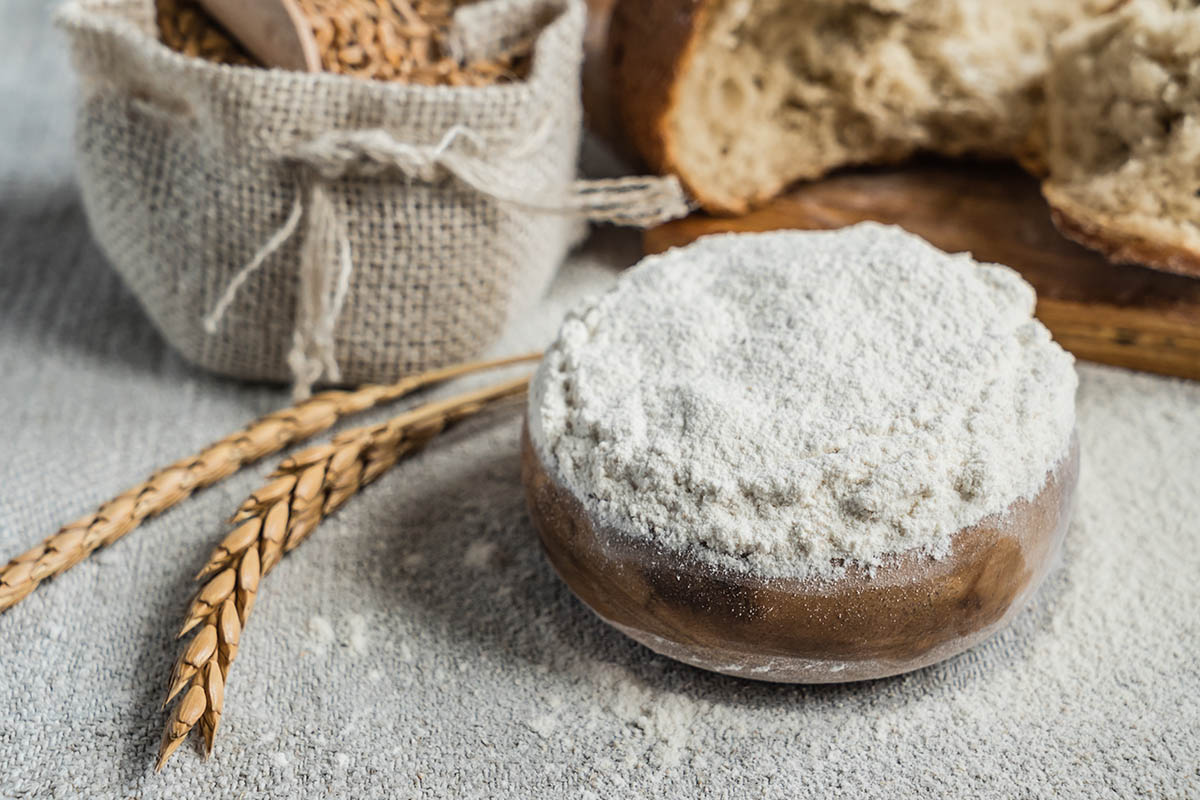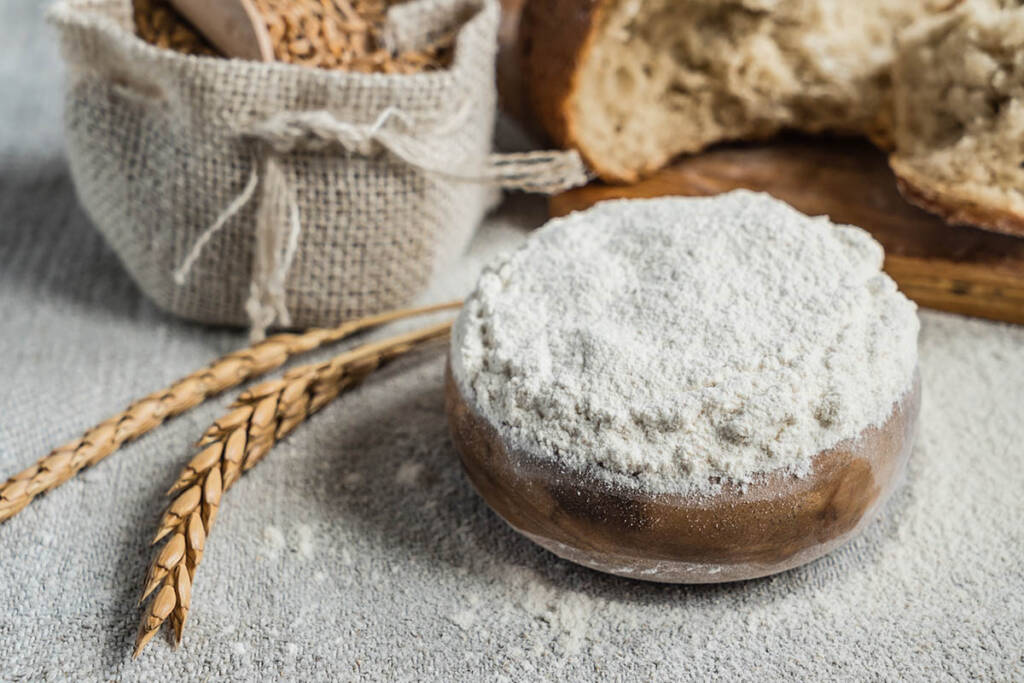Food
Is manitoba flour bad for you? Here’s what we know about it

We often hear that Manitoba flour is bad for you. How much is it true? Let’s find out through its properties and contraindications.
Many people wonder if it is true that Manitoba flour is bad for you. After all, when it comes to flour , the subject is always very delicate and for more than one reason. In fact, there are many studies that consider gluten (of which it is very rich) inflammatory and not very suitable for a healthy diet. So let’s find out what it is and why it should not be consumed often but with the right moderation .
Manitoba flour: what it is and when it hurts
Manitoba is a very famous flour that comes from a cereal grown in Canada and North America.

Rich in proteins, it also contains a lot of gluten and this makes it the perfect flour for important preparations that require the use of a strong flour. Unlike other flours of this type, however, Manitoba maintains approximately the same nutritional values as 00 wheat flour, providing just a few more calories.
Turning to the problem of Manitoba flour which is bad for your health, this thought stems from the fact that being rich in gluten it can inflame the body more. For this reason, for example, celiac subjects absolutely cannot eat it. A problem that also occurs in the case of simple gluten intolerance.
It is in fact known that as with other refined flours, in case of inflammation, Manitoba flour is bad for the stomach. Having said that, obviously, those who have no problems can continue to eat it as long as they follow the normal rules of a healthy diet and limit themselves to using it from time to time.
What are the beneficial properties of manitoba
Contrary to what one might think, manitoba has not only contraindications . In fact, this flour also boasts beneficial properties. It is in fact completely free of cholesterol and saturated fats and is favorable for digestion. Among other things it is also able to help reduce the glycemic index .
If within a healthy and balanced diet, manitoba can also be eaten lightly. And all as long as you pair it with whole grains, vegetables, fruit, lean proteins and good fats.
Riproduzione riservata © - WT











